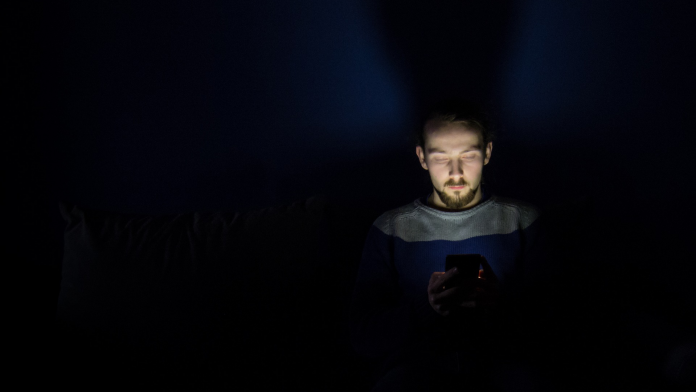Most of us are aware of the negative effect of smartphones on today’s teens. If you’re not, check out this in-depth article from The Atlantic, Has the Smartphone Destroyed a Generation? Most teens overuse their smartphones to the point of addiction, and excessive smartphone use is linked to:
- Increased feelings of loneliness, anxiety, depression, and suicide, much more than any previous generation.
- Lack of communication skills, quality social interaction, and sleep.
Some enlightening stats:
- The number of teens who get together with their friends nearly every day dropped by more than 40 percent from 2000 to 2015.
- Teens who spend more time than average on-screen activities are more likely to be unhappy. Example: Eighth graders who spend 10 or more hours a week on social media are 56 percent more likely to say they’re unhappy than those who devote less time to social media.
- Teens who spend three hours a day or more on electronic devices are 35 percent more likely to have a risk factor for suicide.
- Sleep experts say teens should get about nine hours of sleep a night; in just the four years from 2012 to 2015, 22 percent more teens failed to get seven hours of sleep.
(Source: Twenge, Jean M. “Have Smartphones Destroyed a Generation?” The Atlantic, Sept. 2017)

How can current teens combat these effects? By using their smartphones in moderation. Ask yourself:
Does your battery deplete because you’re getting notifications every 20 seconds?
Do you feel the need to rigorously document and share everything you do?
Is the best example of your hand/eye coordination your texting or selfie game?
If you answer yes to one or more of these questions, you may be a smartphone addict.
The first step is to admit you have a problem. The rest of the steps are right here:
- Do not check your phone right before you go to bed, or immediately when you wake up. This is linked to harmful sleep deprivation. If you must use your phone as an alarm, do not check social media.
- Turn off social media notifications. That’s right, I said it. When you are on your smartphone, you’re going to open all of those apps anyway, so why do you need to be notified the second it happens? Turning off notifications will help you resist the temptation to constantly check the apps all day.
- Check your social media Once. Per. Day. Give yourself 30 minutes to 1 hour, in a designated time slot. Check, like, respond, post, chat, filter, meme, do whatever you like. But don’t check it outside of this designated time.
- When you’re on social media or browsing the web on your phone, ask yourself: am I actually enjoying this/ benefitting from it? Or am I just killing time? If you’re honest with yourself, you’ll find it’s often the latter.
- Stop checking your phone when you’re around other people. Face to face interaction builds confidence and character. Actively listening to someone when you’re with them makes you a better friend. Be an active participant in your social time; you may enjoy it!
- Increase your engagement in non-screen time: go outdoors, exercise, get coffee with a friend, join a club, write, paint, or read something. Find a hobby you like and other ways you enjoy spending your time besides social media.
- Let go of the stress and anxiety that comes with today’s social media expectations. You do not need to chronicle everything you do and post it to the world; you do not need to respond to everything your friends post when they chronicle their entire life. Release yourself from these highly unrealistic and unfair expectations. Engage in social media moderately, and on your terms. Take control by limiting your screen time and deciding with a discerning eye what is worthy of posting or responding.













